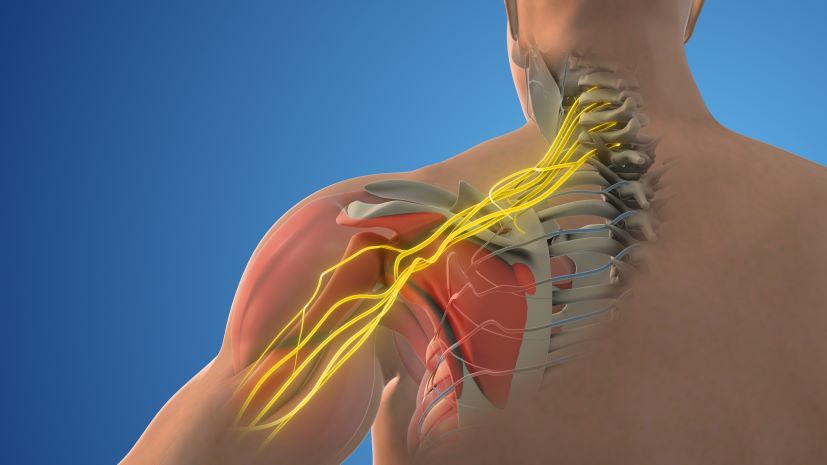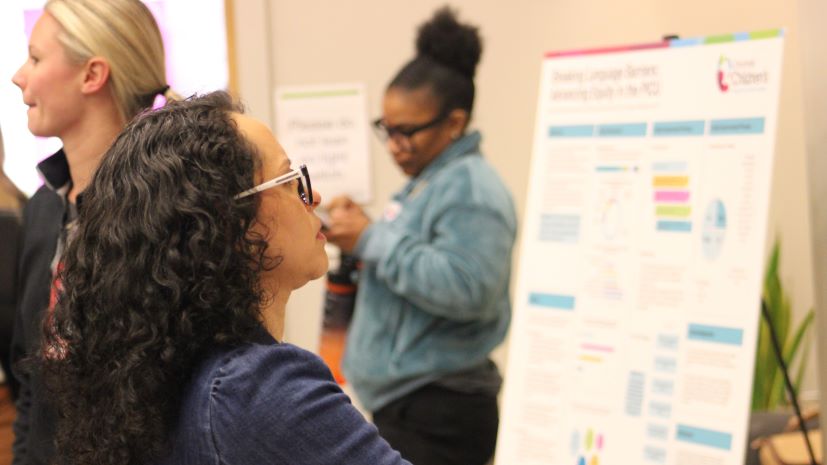For Type 2 Diabetes, Bariatric Surgery Helps. For Type 1 Diabetes, Mixed Results
Research By: Thomas Inge, MD
Post Date: June 26, 2019 | Publish Date: October 2013

While bariatric surgery has been successful at treating type 2 diabetes, people with type 1 diabetes still needed insulin for glycemic control, a new case study shows.
The study, published October 2013 in Pediatrics, reported results of bariatric surgery performed on two young people with type 1 diabetes.
A year after receiving vertical sleeve gastrectomy, a 19-year-old man with obesity demonstrated 28% reduction in body mass index (BMI). His daily total insulin requirement decreased but his hemoglobin A1c remained primarily unchanged at 8.8%.
Meanwhile, a 13-year-old obese girl who received a Roux-en-Y gastric bypass developed diabetic ketoacidosis one month after surgery. By 28 months after surgery her BMI had decreased by 42%, but even with insulin, her hemoglobin A1c worsened from 6.3% to 10%.
A TYPE 2 DIABETES BARIATRIC SURGERY SUCCESS
Ever since she was 3, Ashley O’Hara struggled with weight issues.
As a child, she was diagnosed with insulin resistance. As she grew older, that turned into Type 2 diabetes. By the time she was 15, she was closing in on 300 pounds and desperate for answers.
“I watched my grandma die from everything that I was starting to get or was prone to get, and I didn’t want to go through that,” Ashley said in a video interview.
She went online and found the Surgical Weight Loss for Teens program at Cincinnati Children’s. While it isn’t a quick fix, the program gave Ashley a start on a new life. Listen to her talk with her mom about why this was the answer for their family.
Learn More About Our Surgical Weight Loss for Teens Program
| Original title: | Bariatric Surgery for Severe Obesity in Two Adolescents With Type 1 Diabetes |
| Published in: | Pediatrics |
| Publish date: | October 2013 |







